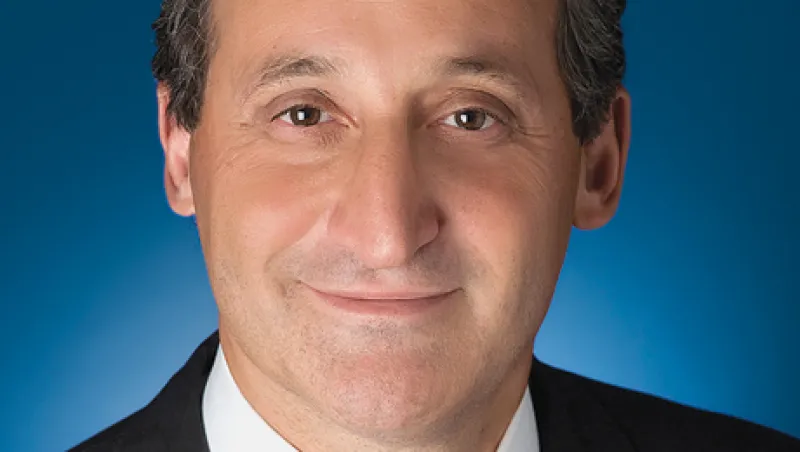
Deutsche’s Global Investment Banking Boss Looks to the U.S. for Growth
Thanks to a recent management shake-up, Deutsche Bank veteran Jacques Brand recently took over as sole head of investment banking coverage and advisory.
David Rothnie
August 4, 2012


